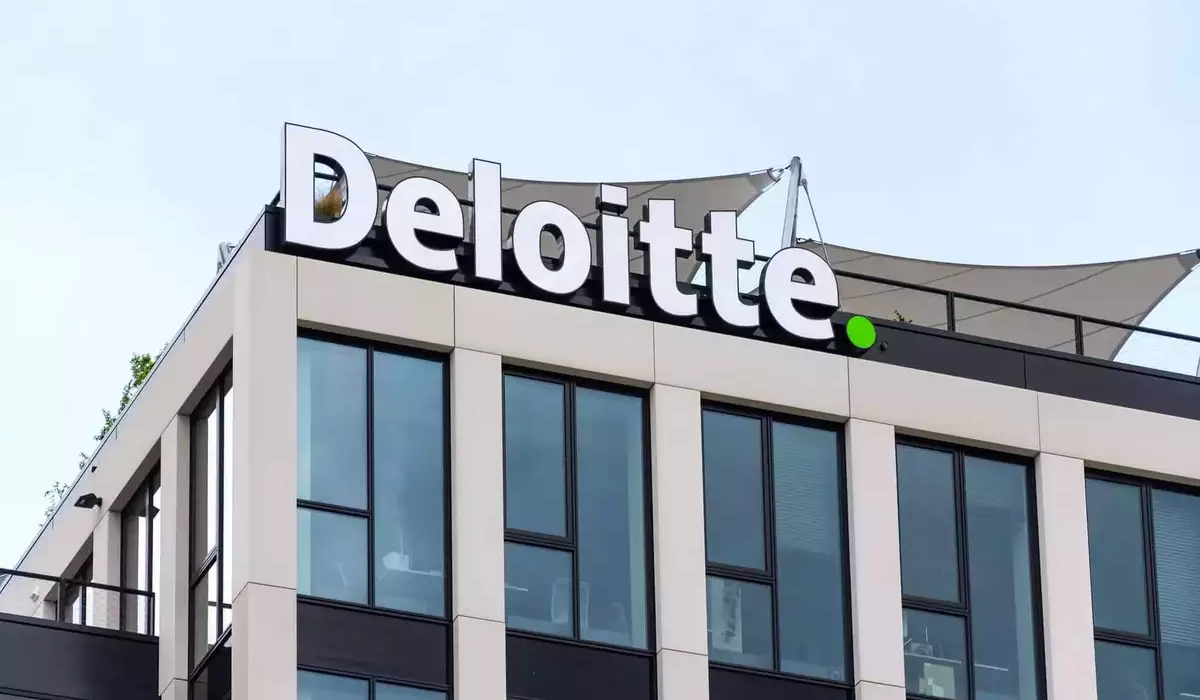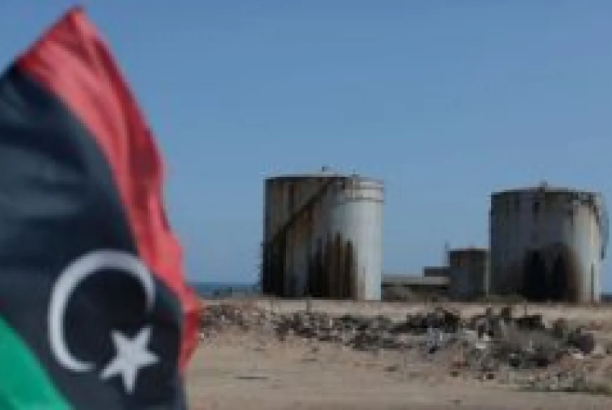The international professional services network Deloitte, headquartered in London, released a report titled “The Imperatives of a National Vision for Libya” on Saturday. The report highlighted that Libya’s economy, heavily reliant on its vast oil reserves, experiences significant volatility driven mainly by global oil price fluctuations and recurring political instability.
According to Deloitte, the discovery of oil in the late 1950s transformed Libya into a resource-rich nation. However, this wealth came at the cost of heavy dependence, making the country vulnerable to market and geopolitical forces. This dependence contrasts sharply with the more diversified economic approaches of regional counterparts, who, despite similar hydrocarbon abundance, have achieved notable strides in sectors like tourism, finance, and technology.
The report emphasized that Libya’s short- and medium-term economic outlook remains dominated by hydrocarbon production dynamics and local political stability. Unlike its regional peers, Libya has not followed steady economic growth or diversification trajectories. Instead, its GDP has fluctuated unpredictably, with the oil and gas sector continuing to overshadow potential growth areas such as agriculture, tourism, transportation, and logistics.
Deloitte further noted that these challenges have hindered adaptability, preventing the economy from stabilizing or leveraging other local advantages amidst global economic shifts. While Libya’s GDP is expected to grow by around 8% by the end of 2024, driven by oil production, achieving a target of 1.5 million barrels per day by 2026 heavily depends on political stability.
In comparison, global counterparts with fewer natural resources, such as Singapore, have flourished through strategic diversification, focusing on human capital development and technology. According to Deloitte, Libya’s potential in non-oil sectors remains largely untapped.
The report also pointed out that neighboring countries have made positive progress in the Logistics Performance Index, while Libya’s ranking has plummeted to the lowest globally.
Deloitte explained that Libya’s limited economic diversity and foreign investment opportunities have been heavily influenced by its poor ranking in the Logistics Performance Index and the state of its infrastructure. The country lags behind its neighbors due to bureaucratic bottlenecks, complex regulatory frameworks, and concerns over political stability, all of which create a restrictive business environment. These challenges are starkly evident in global logistics performance indicators, where Libya ranks lowest worldwide. Such factors deter foreign investment and hinder the development of new sectors, as procedural bureaucracy and operational challenges diminish opportunities for both local entrepreneurs and foreign investors.
The company highlighted that infrastructure quality—including transportation, logistics services, airports, seaports, and road networks—is critical for economic diversification and attracting foreign direct investment (FDI). Libya’s current infrastructure, weakened by years of political conflict, lacks modernization and broad accessibility. In contrast, neighboring countries have invested heavily in these areas, achieving advanced logistical solutions and robust foundational frameworks, thereby enhancing their global economic competitiveness.
Deloitte stated that crafting a national vision for Libya requires a comprehensive strategic approach that addresses critical areas for growth and stability. A key potential goal is economic diversification and reducing oil dependency to build a strong and resilient economy. This shift would involve investing in education to create a workforce prepared for the demands of a diversified economy. Additionally, improving infrastructure is on the agenda to enhance Libya’s connectivity domestically and internationally, which is essential for trade and economic expansion.
Furthermore, prioritizing advancements in technology and healthcare is crucial to improving living standards and streamlining business operations. Once a clear ambition is set, moving from planning to action becomes imperative. At this critical juncture, establishing strong governance structures and a dedicated unit to monitor strategy implementation becomes essential.
According to Deloitte, governance structures would ensure compliance and enhance decision-making protocols. Meanwhile, the tracking unit would monitor progress meticulously and provide real-time insights necessary to maintain strategic flexibility and respond to emerging challenges or opportunities. Together, these frameworks would ensure that initiatives consistently align with overarching goals and facilitate swift adjustments to tactics and strategies as needed. Striking a balance between governance and monitoring is pivotal in guiding Libya’s journey toward its envisioned milestones, ensuring not only progress but also the resilience and integrity of the vision’s execution.






